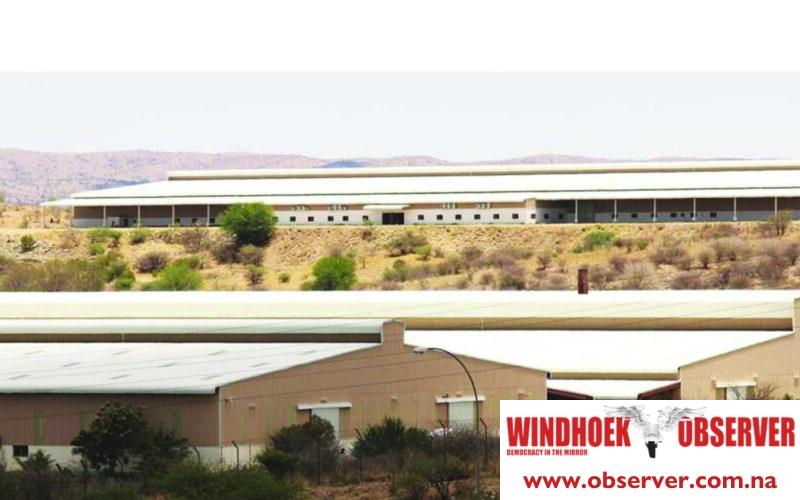Justicia Shipena
The City of Windhoek and Rani Group International are still negotiating the rental prices for Grow More Investments to lease parts of the Ramatex Complex in Otjomuise.
On Friday, the city council announced that it had approved the lease of portions seven and eight of Farm 466 to Grow More Investments, a subsidiary of Rani Group, for logistics and manufacturing operations over 25 years.
The two plots measure 41 258 m² and 42 306 m² and house the Tai-Wah Warehouses.
While the initial proposal set a monthly rental of N$100 000 per portion, amounting to N$200 000 in total with annual increases linked to inflation, council said the final price would be decided through negotiations and submitted for approval once concluded.
Grow More Investments currently operates 56 retail shops and eight manufacturing outlets across Namibia, employing about 3 500 people.
The company plans to expand its workforce to around 10 000 employees under the new lease.
The council expects the deal to enhance operations, generate employment, and foster economic growth.
According to the council resolution, if the lease is not finalised by 13 September 2026, the structures must be removed and the land restored at the company’s cost.
Founder of the Basecamp Business Incubator Jesaya Hano-Oshike said the deal could provide sustainable income and employment.
He noted the site was large enough to accommodate both Rani Group and small businesses, encouraging small and medium enterprises (SMEs) to request space in the complex.
Five months ago, Affirmative Repositioning (AR) leader Job Amupanda urged the government to establish a state-owned shoe factory at the site to cut imports.
He said Namibia spends hundreds of millions of dollars each year importing over five million pairs of shoes.
According to data, there are about 70 000 registered SMEs across industries, accounting for 12% of GDP and employing 200 000 people.
Economic lecturer Eden Shipanga said the lease may bring some opportunities but described it as too late to be celebrated.
“If they were very serious about it, they would have thought of something similar to what was already happening at Ramatex. The good thing is that they are doing something rather than just having the building waste,” he said.
Labour analyst Herbert Jauch said the site may not suit small businesses but stressed the impact of job creation. “If 10,000 mostly young people find work there, it will make a positive difference. It will at least generate some of the much-needed income,” he said.
The lease follows, as in June, the city announced efforts to turn the 43-hectare idle property into an economic hub after years of inactivity. The land had been unused since 2008, when Ramatex Textiles shut down.
A 2018 court order ended the lease agreement and returned the land to the city, with the liquidator given three years to remove infrastructure and restore the site.
In 2021, former health minister Bernard Haufiku proposed converting the site into a nonprofit hospital for infectious diseases, but the plan did not advance.
Ramatex first opened in 2002 under the African Growth and Opportunity Act. At the time, the government provided tax breaks, subsidised water and electricity, and a long-term lease.
At its peak, the factory employed more than 7 000 workers, mostly women. It closed in 2008, after reports of poor labour conditions, environmental violations, and financial troubles.




